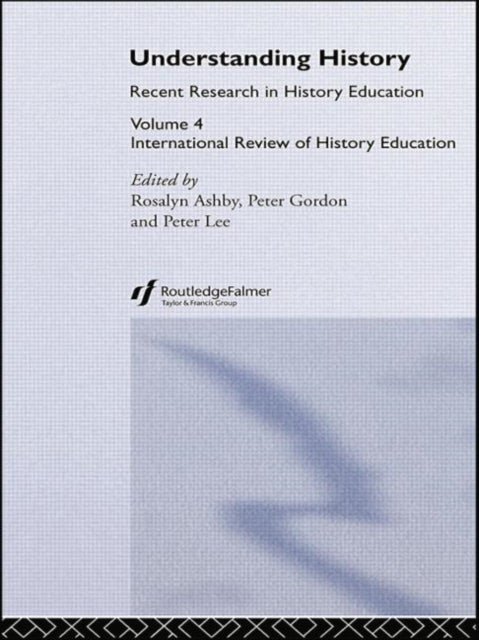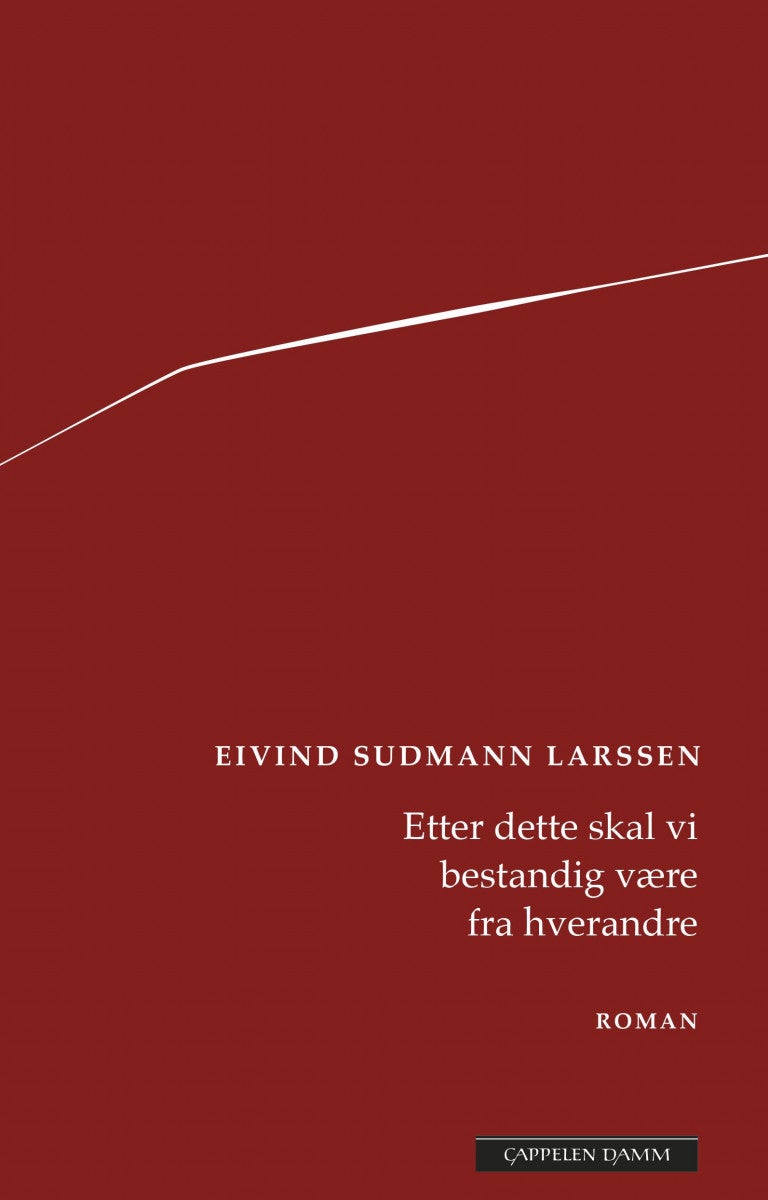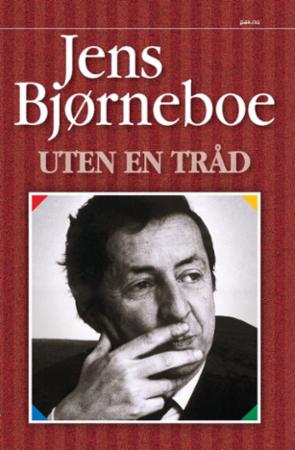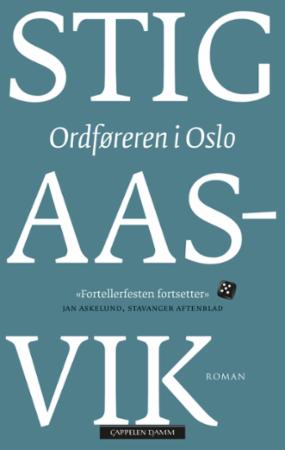
Understanding History
649,-
<P>What sense do children and young people make of history? How do they cope with competing historical accounts in textbooks? How do they think historical or archaeological claims are supported or rejected? And whatever students think about history, how do their teachers see history education? </P><P>The contributors to this fourth volume of the <EM>International Review of History Education</EM> discuss these questions in the context of their research. Divided into two sections, the first part of the book examines students'' ideas about the discipline of history and the knowledge it produces. The second part looks in detail at teachers'' own ideas about teaching. Featuring contributions from authors throughout the world, including the USA, Canada, Portugal, Brazil, Taiwan and the UK, the book provides interesting studies of how history is both taught and received in these different countries.<BR><EM>Understanding History </EM>contributes to current knowledge of succ








